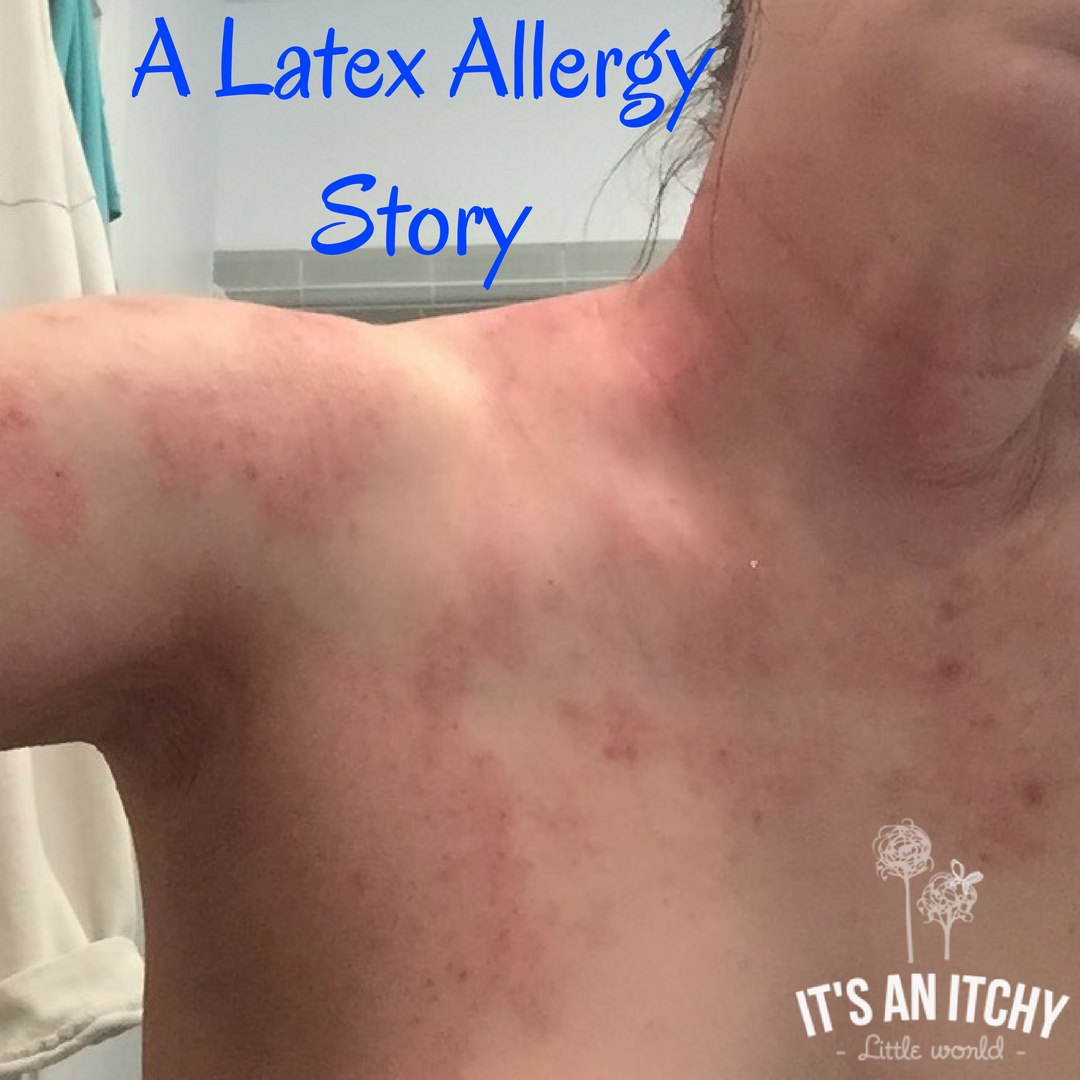
If your baby develops any symptoms after they eat peanuts or tree nuts, you should consult with your allergist for further testing, as they may require an epi-pen injector. It’s also important to note that even though the symptoms are generally the same for all foods, peanut and tree nut allergies are the most common foods associated with the severe symptoms we see, like anaphylaxis. Symptoms bolded in black can be associated with anaphylaxis, which requires an epi-pen, and if you don’t have one with you, call 911 or head straight to the nearest emergency room. Trouble breathing, or repetitive cough or wheeze.Itching, tingling, or swelling of the mouth, lips, or tongue.The common symptoms you want to watch out for, include: The symptoms of an allergic reaction don’t change, and are generally the same for all allergens. Common allergy symptoms to peanuts and tree nuts Allergy symptoms are also known to be pretty severe in cashews, and it’s advised that if you see any symptoms after the initial introduction, to record them, and talk to your allergist or doctor before introducing them again. Cashew allergy has been on the rise recently, and Food Allergy Canada is suggesting that parents try to introduce them early, once starting solids, in hopes of decreasing the risk of allergies. This doesn’t mean your child will 100% be allergic to both, but if you do have a diagnosis to one, just be cautious with these pairs. This can actually increase your risk of being allergic to both of them! The common examples are: cashews/pistachios and walnuts/pecans. It’s now known that there is some cross-reactivity between some types of tree nuts, meaning they’re similar to one another on a protein level. And so, your body’s immune system produces antibodies, to respond to what the body believes is the foreign particle, and is ultimately why we see these symptoms happen right after we start digesting our food. Unfortunately, sometimes our body doesn’t view these proteins as normal parts of our food, and the immune system thinks they’re an “invader”. When we eat them, and begin to digest them, the proteins are broken down and used for many functions in our body. Peanuts and tree nuts are made up of proteins. So with all this talk about tree nuts and peanuts, you may be wondering “What actually causes the allergic reaction?”.


The “science” behind the allergic reaction If you’re allergic to any tree nuts, it can also increase your risk of being allergic to peanuts, and vice versa, even though they’re technically different. If you have a tree nut allergy, that doesn’t mean you’re allergic to all of them, but being allergic to one, greatly increases your risk of being allergic to others. This means they technically aren’t related to tree nuts at all, and are grown on the ground.Īlmonds, cashews, pine nuts, pistachios, walnuts, hazelnuts, brazil nuts, pecans, chestnuts, hickory nuts, and macadamia nuts are all considered tree nuts. Peanuts are actually not considered a nut at all (surprising, I know!), and are part of the legume family, which includes soybeans (think tofu), dried beans, and fresh peas. Out of the top 10 most allergenic foods in Canada, peanuts come out on top. Peanuts and tree nuts – not related after all! If you’re looking for some advice on all the common allergens, including how and when to introduce them – check out my blog post on Introducing Highly Allergenic Foods, which covers all 10 top allergens. With all the “unknowns” when you start this process, this is totally expected, and okay! My goal today is to help ease your stress, make this an easy process, and offer you some guidance. I know as a parent how stressful it can be to find the courage to take the first steps and introduce peanuts and tree nuts to your baby. But of those 10 foods, peanuts are considered to be the top culprit when it comes to food allergies! Tree nut allergies have also been growing in numbers. There are currently 10 foods that are considered to be common allergens in Canada and the US. Exposing them to highly allergenic foods can seem like just the opposite when the risks can be so high. With food allergies, and intolerances, becoming more and more common in babies and children, this only fuels the fire! Naturally, as parents we want to do everything we can to protect our babies. But, for others, especially those who have food allergies in their close-knit family, this can be a huge stressor and can really instill fear when they start thinking about introducing some of the highly allergenic foods. The transition to solid foods can be an exciting journey for many parents.


 0 kommentar(er)
0 kommentar(er)
